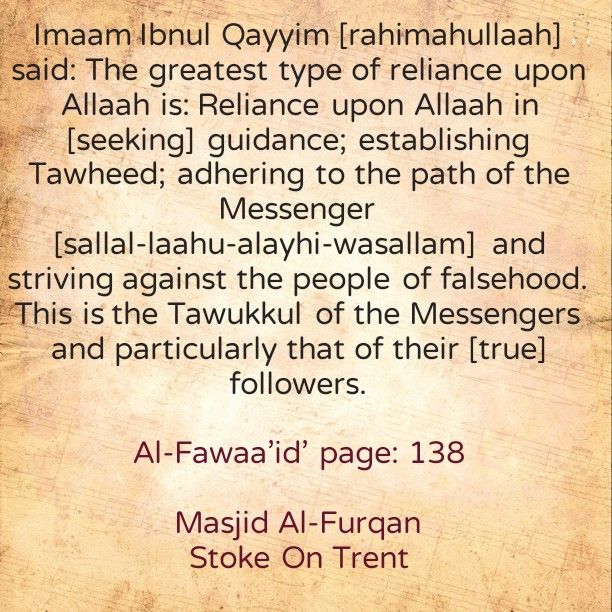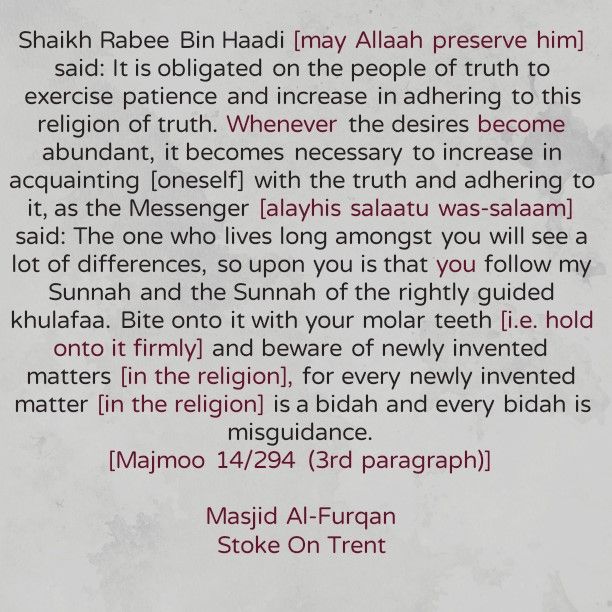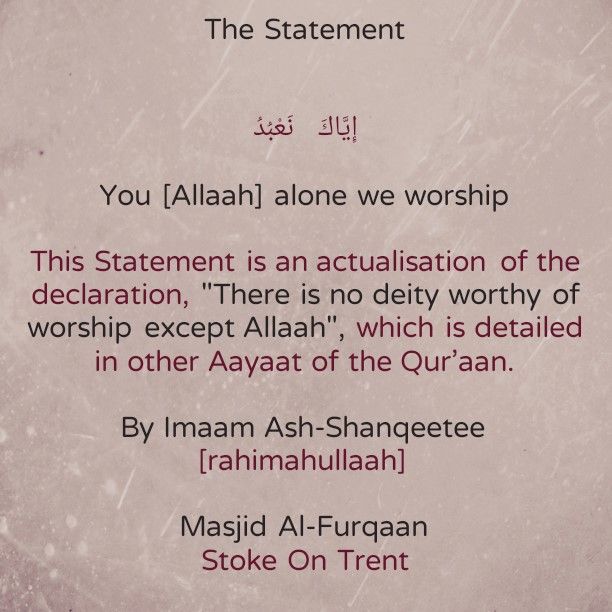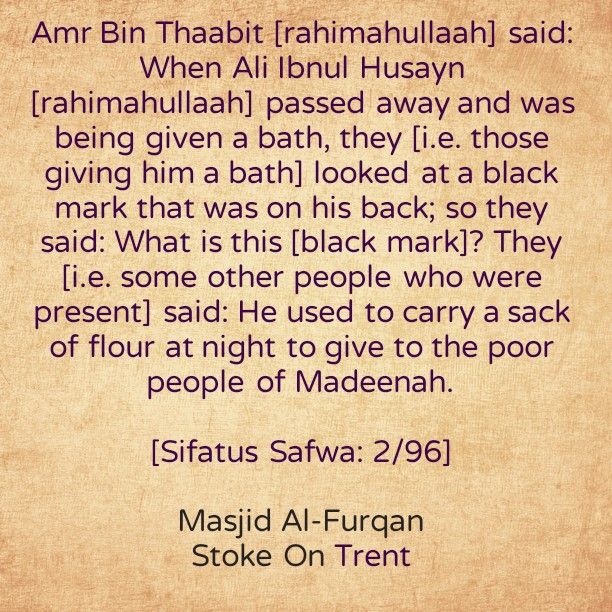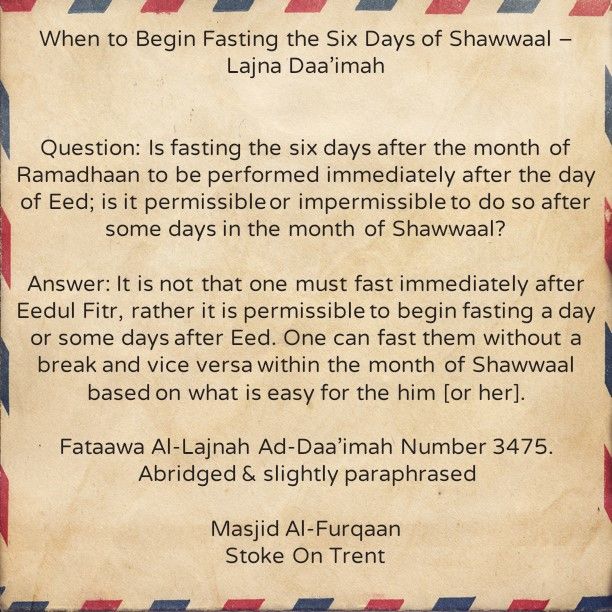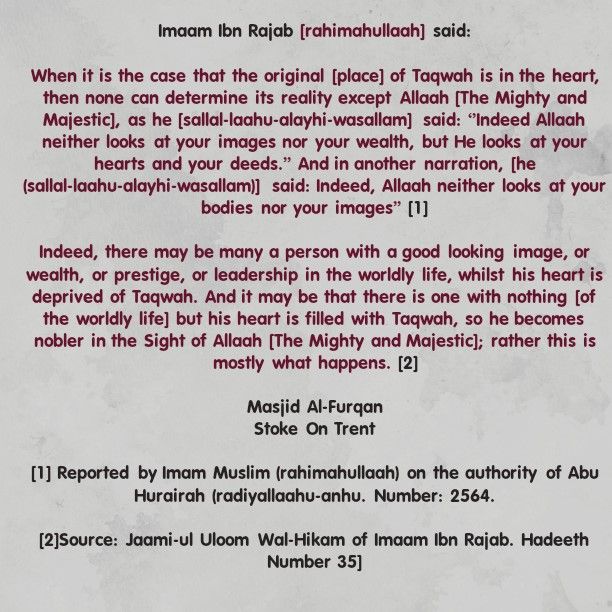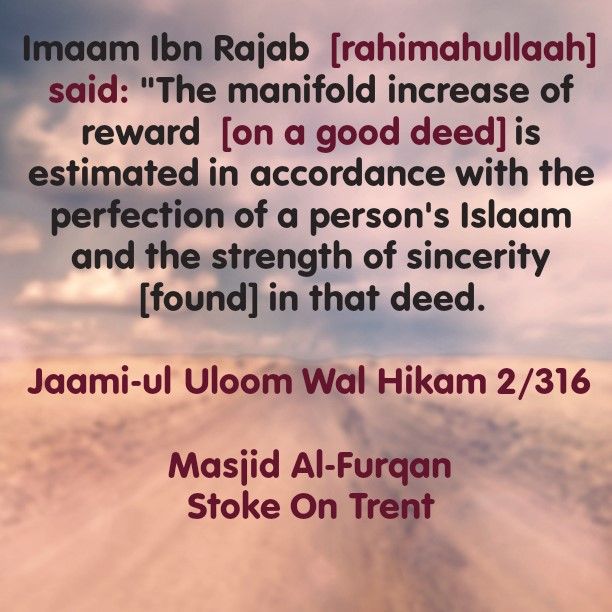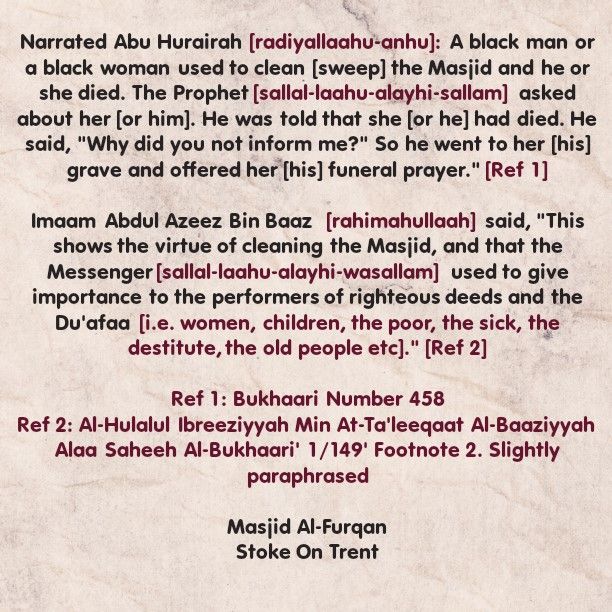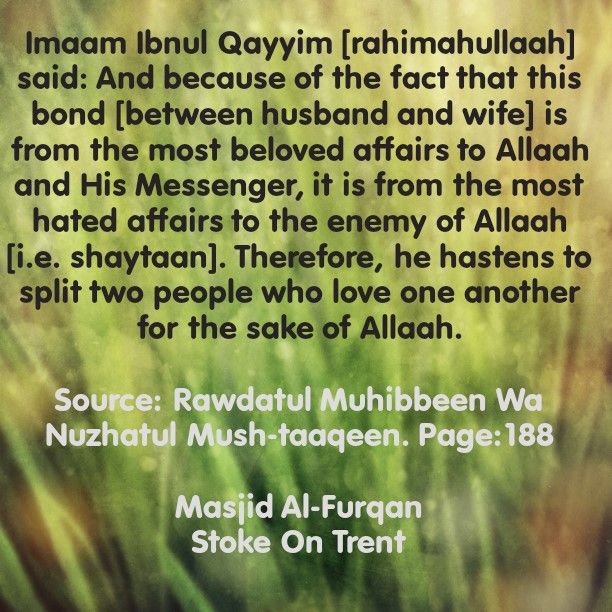In The Name of Allaah, The Most Merciful, The Bestower of Mercy


[إِيَّاكَ نَعْبُدُ – You (Alone) we worship] [Al-Faatihah Ayah 5]
This statement establishes the meaning of [لَا إله إلا الله – There is no deity worthy of worship except Allaah] because its meaning is built upon two affairs- negation and affirmation. Negating all types of worship directed at other gods besides Allaah (The Most High) and affirming that all legislated types of worship (i.e. in the Sharee’ah) are to be directed to the Lord of the Heavens and the earth (i.e. Allaah) alone. The meaning of the statement [إِيَّاكَ نَعْبُدُ – You (Alone) we worship] has been affirmed (or established) in detail in other Aayaat, such as the statement of Allaah:
[يَا أَيُّهَا النَّاسُ اعْبُدُوا رَبَّكُمُ الَّذِي خَلَقَكُمْ – O mankind! Worship your Lord (Allah), Who created you]; so Allaah made that clear (i.e. affirmation that He alone has the right to be worshipped) in His statement, [اعْبُدُوا رَبَّكُمُ – Worship your Lord], and at the end of the Ayah He negated (worship directed to others besides Him) in His statement [فَلَا تَجْعَلُوا لِلَّهِ أَنْدَادًا وَأَنْتُمْ تَعْلَمُونَ – Then do not set up rivals unto Allah (in worship) while you know (that He Alone has the right to be worshipped)] [Al-Baqarah 21-22] [Ref 1]
Likewise, Allaah’s statement: [وَلَقَدْ بَعَثْنَا فِي كُلِّ أُمَّةٍ رَسُولًا أَنِ اعْبُدُوا اللَّهَ وَاجْتَنِبُوا الطَّاغُوتَ – And verily, We have sent among every Ummah (community, nation) a Messenger (proclaiming): “Worship Allah (Alone), and avoid (or keep away from) Taghut (all false deities, etc. i.e. do not worship Taghut besides Allah)]. So Allaah made it clear (i.e. that He alone has the right to be worshipped) in His statement [اعْبُدُوا اللَّهَ – Worship Allah (Alone)] and He negated worship directed at others in His statement [وَاجْتَنِبُوا الطَّاغُوتَ – avoid (or keep away from) Taghut (all false deities, etc. i.e. do not worship Taghut besides Allah)] [An-Nahl Ayah 36]
Likewise Allaah’s statement:
فَمَنْ يَكْفُرْ بِالطَّاغُوتِ وَيُؤْمِنْ بِاللَّهِ فَقَدِ اسْتَمْسَكَ بِالْعُرْوَةِ الْوُثْقَىٰ لَا انْفِصَامَ لَهَا ۗ وَاللَّهُ سَمِيعٌ عَلِيمٌ
Verily, the Right Path has become distinct from the wrong path. Whoever disbelieves in Taghut and believes in Allah, then he has grasped the most trustworthy handhold that will never break. [2:256]
He negated (worship directed at others) in His statement: [فَمَنْ يَكْفُرْ بِالطَّاغُوت – Whoever disbelieves in Taghut] and He affirmed (that worship should be directed to Him alone) in His statement [وَيُؤْمِنْ بِاللَّهِ – and believes in Allah]
Likewise Allaah’s statement:
وَإِذْ قَالَ إِبْرَاهِيمُ لِأَبِيهِ وَقَوْمِهِ إِنَّنِي بَرَاءٌ مِمَّا تَعْبُدُونَ
إِلَّا الَّذِي فَطَرَنِي
And (remember) when Ibrahim (Abraham) said to his father and his people: “Verily, I am innocent of what you worship, Except Him (i.e. I worship none but Allah Alone) Who did create me… [Az-Zukhruf Aayaat 26-27]
And likewise Allaah’s statement:
وَمَا أَرْسَلْنَا مِنْ قَبْلِكَ مِنْ رَسُولٍ إِلَّا نُوحِي إِلَيْهِ أَنَّهُ لَا إِلَٰهَ إِلَّا أَنَا فَاعْبُدُونِ
And We did not send any Messenger before you (O Muhammad) but We inspired him (saying): La ilaha illa Ana [none has the right to be worshipped but I (Allah)], so worship Me (Alone and none else).” [Al-Anbiyaa Ayah 25]
Likewise, Allaah’s statement:
وَاسْأَلْ مَنْ أَرْسَلْنَا مِنْ قَبْلِكَ مِنْ رُسُلِنَا أَجَعَلْنَا مِنْ دُونِ الرَّحْمَٰنِ آلِهَةً
يُعْبَدُونَ
And ask (O Muhammad) those of Our Messengers whom We sent before you: “Did We ever appoint aliha (gods) to be worshipped besides the Most Beneficent (Allah)?”[Az-Zukhruf Ayah 45]
And other Aayaat besides the above….
[Source: Tafseerul Qur’aan Bil-Qur’aan Min Adwaa Al-Bayaan’ pages 32-33. Daar Hady An-Nabawiy. paraphrased and abridged]
May Allaah reward Ustaadh Abu Tasneem (Mushaf al-Banghaali)- Aameen- for informing us of this Faa’idah.

